Ever wondered how much protein is packed into a pound of bison meat?
Whether you’re looking to build muscle, lose weight, or just make healthier choices, bison is becoming increasingly popular as a lean, nutrient-dense alternative to beef. But exactly how much protein do you get from a pound of this wild game meat?
Let’s break it down with some hard numbers, useful comparisons, and practical tips on incorporating bison into your diet. (Spoiler alert: it’s protein-packed!)
How Much Protein Is In A Pound Of Bison?
A pound (16 ounces or about 454 grams) of bison meat contains approximately 90-100 grams of protein depending on the cut and fat content.
For context, that’s roughly the same amount of protein as:
- 15 eggs
- 4 chicken breasts
- 3 scoops of protein powder + a Greek yogurt
This makes bison one of the most protein-dense meats you can eat, especially when you consider its relatively low fat content compared to other red meats.
Protein Content By Bison Cut
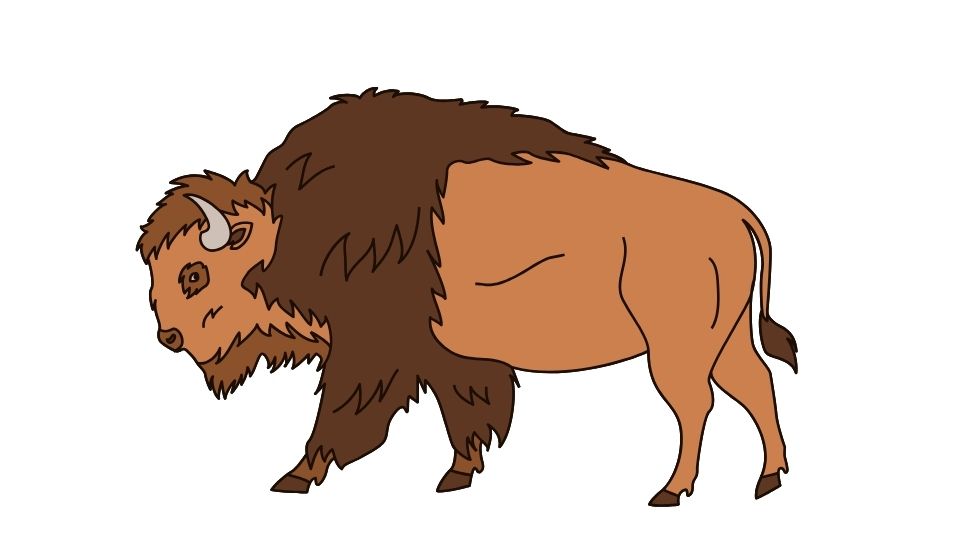
Not all bison cuts are created equal when it comes to protein content. Here’s how different cuts stack up per 4-ounce serving (about 112g):
- Ground Bison: About 22 grams of protein
- Bison Ribeye: Around 25 grams of protein
- Bison Short Ribs: Approximately 25 grams of protein
- Bison Burger Patty (5.3 oz/151g): Roughly 30 grams of protein
- Premium Ground Bison (90% lean): About 23 grams of protein
So if you’re looking to maximize protein, ribeye and short ribs give you slightly more bang for your buck compared to ground bison.
Bison Nutrition Beyond Protein
The protein in bison isn’t just abundant – it’s high-quality complete protein containing all essential amino acids your body needs for muscle repair, growth, and general health.
But wait, there’s more! Bison also delivers:
- Lower fat content than beef, typically 2.5-6 grams per 4-ounce serving depending on the cut
- Less saturated fat than most other red meats
- Higher iron content than beef, chicken, or pork
- Rich in B vitamins (especially B12, B6, and niacin)
- Good source of zinc and selenium for immune support
This makes bison a nutritional powerhouse that goes well beyond just protein content. It’s basically nature’s multivitamin wrapped in a delicious meat package.
According to research from the University of Wyoming, bison meat contains less fat per serving than even skinless chicken while providing similar or higher protein levels.
How Bison Protein Supports Your Health Goals
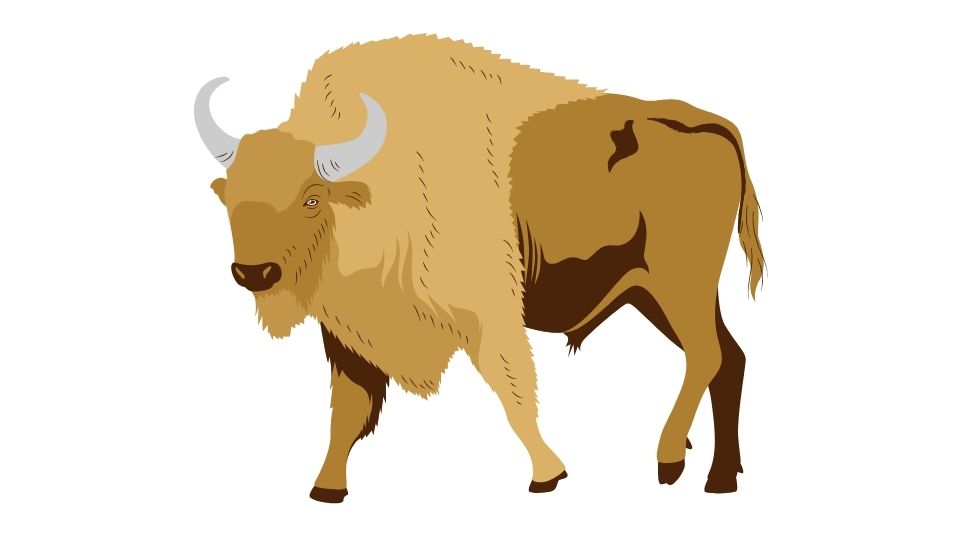
So you know bison is packed with protein – but why should you care? Here’s how all that protein can help you:
For Building Muscle
With about 25g of protein per 4-ounce serving, bison provides plenty of the building blocks your body needs to repair and grow muscle tissue after workouts. The complete amino acid profile means you’re getting all the essential amino acids for muscle synthesis.
For Weight Loss
Protein is the most satiating macronutrient, meaning it keeps you full longer than carbs or fat. A study in the American Journal of Clinical Nutrition found that high-protein diets can significantly increase feelings of fullness and reduce hunger.
Because bison is so lean, you get more protein per calorie compared to fattier meats – making it easier to maintain a calorie deficit while staying satisfied.
For General Health
The iron content in bison helps transport oxygen throughout your body, while the B vitamins support energy production and nervous system function. The zinc and selenium contribute to immune health and thyroid function.
According to nutritional analysis by the USDA, bison contains higher levels of omega-3 fatty acids than conventional beef, which can help reduce inflammation.
Practical Tips For Adding Bison To Your Diet
Now that you know how protein-rich bison is, here are some practical ways to incorporate it:
- Substitute ground bison for ground beef in your favorite recipes (just cook it a bit less since it’s leaner)
- Make bison burgers but add a bit of olive oil to the mix to prevent dryness
- Try bison steaks but cook them to medium-rare for the best texture (they can get tough if overcooked)
- Add bison to chili for a leaner, protein-packed version of this comfort food
- Make bison meatballs with plenty of herbs and a bit of fat added to keep them juicy
The key with bison is to remember it’s leaner than beef, so cooking times are generally shorter and it benefits from a bit of added fat in some recipes.
Tracking Your Bison Protein Intake
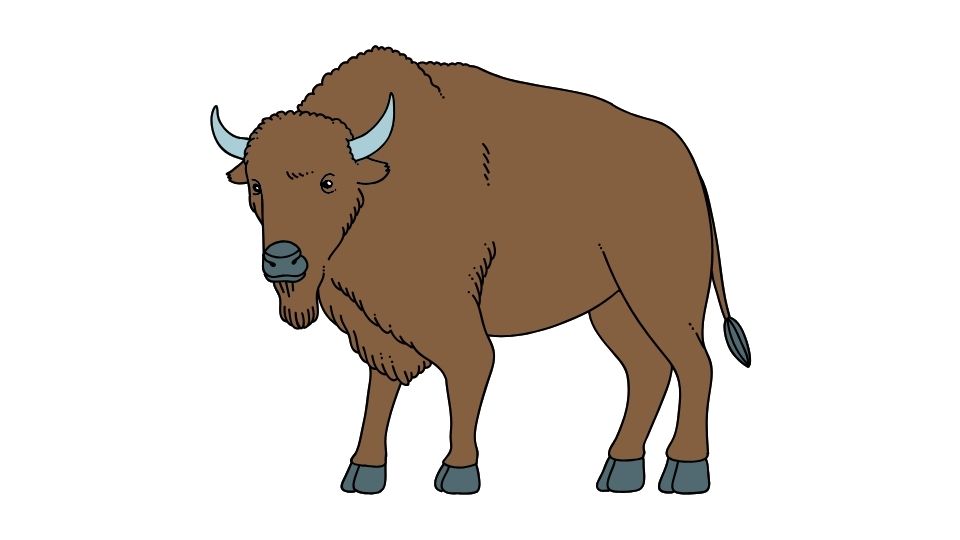
If you’re tracking macros (which you might be if you’re reading an article about protein content), knowing that there’s about 90-100g of protein in a pound of bison is super helpful.
Many people find that using a simple tracking app helps them stay on top of their nutrition goals without obsessing over every bite.
The Bottom Line On Bison Protein
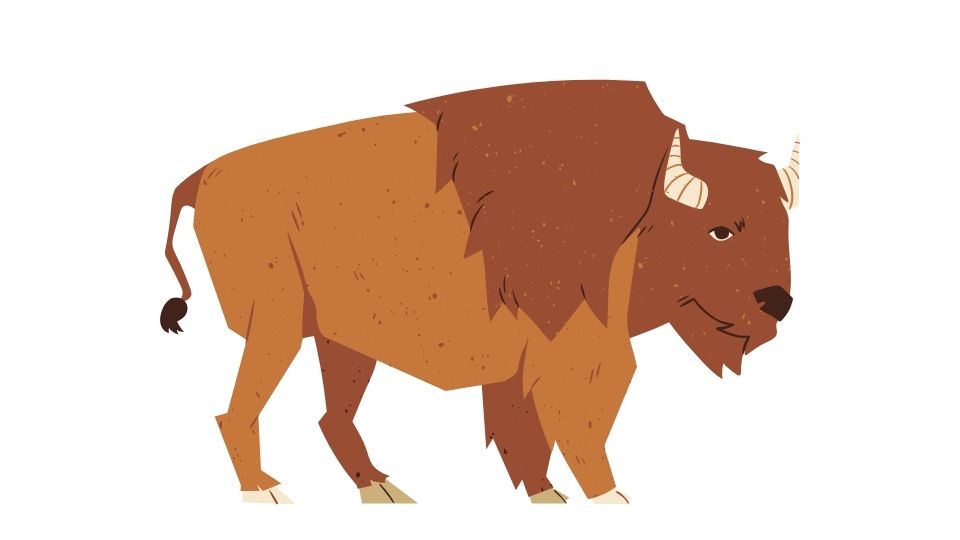
Bison meat is a protein powerhouse that delivers approximately 90-100 grams of high-quality protein per pound, with fewer calories and less fat than beef.
It’s not just about the protein, though – bison offers a complete nutritional package with essential vitamins and minerals that support overall health.
Whether you’re looking to build muscle, lose weight, or just eat healthier, bison deserves a spot in your meal rotation. It’s a bit pricier than conventional beef, but the nutritional benefits might just be worth the splurge.
And next time someone asks “how much protein is in bison?” you can confidently answer: “A whole lot!”



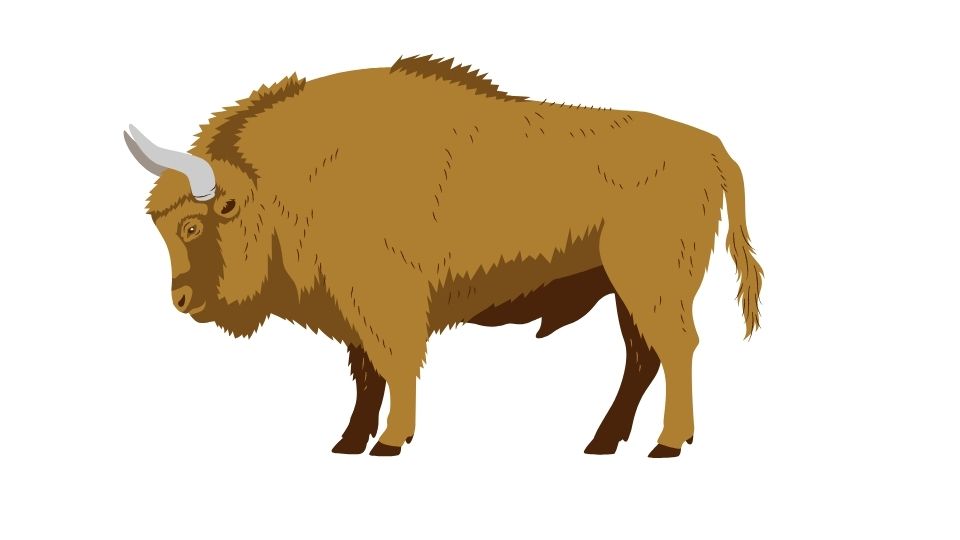
Leave a Reply